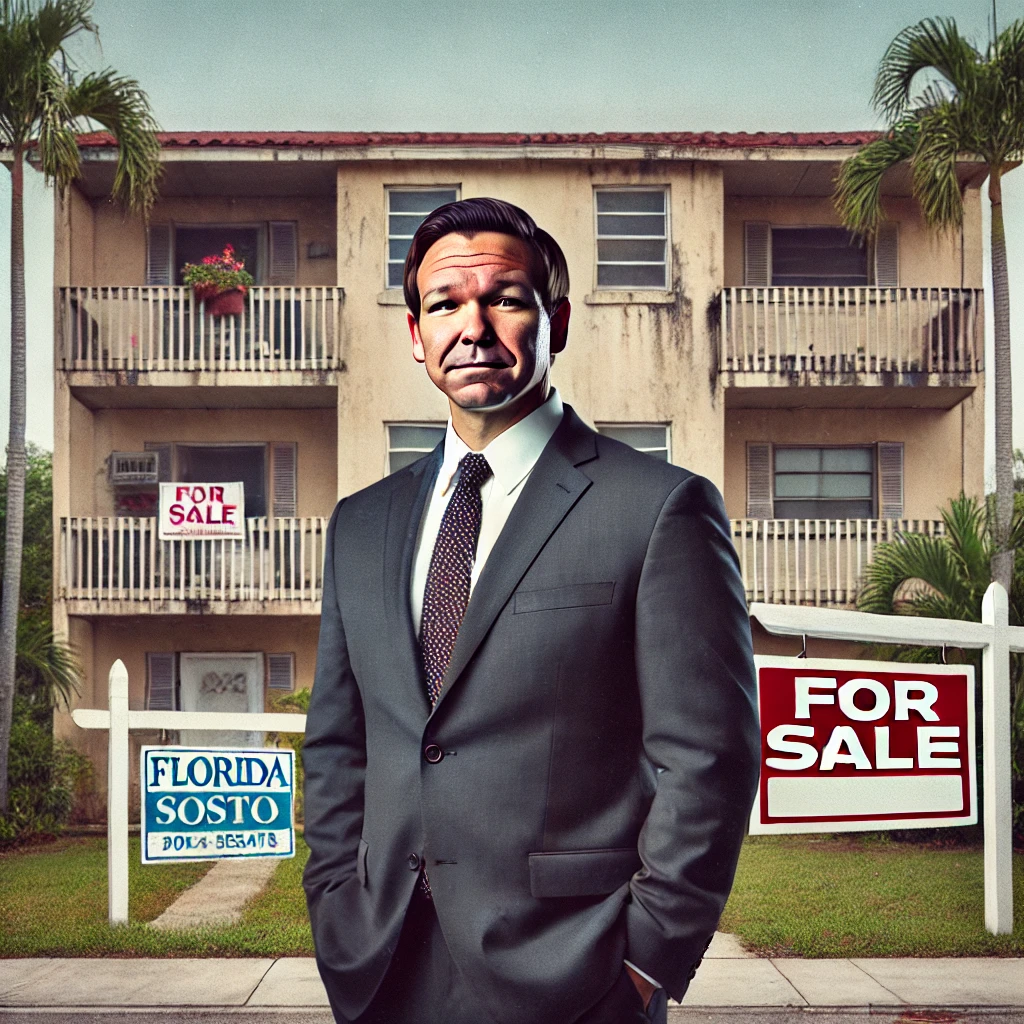In recent years, Florida’s once-thriving condo market has seen a troubling shift, leading to the emergence of so-called “zombie” condos—properties that have become nearly worthless due to new legislation. These condos, once the pride of retirees and vacationers alike, now stand as ghostly reminders of what happens when governance and real estate collide.
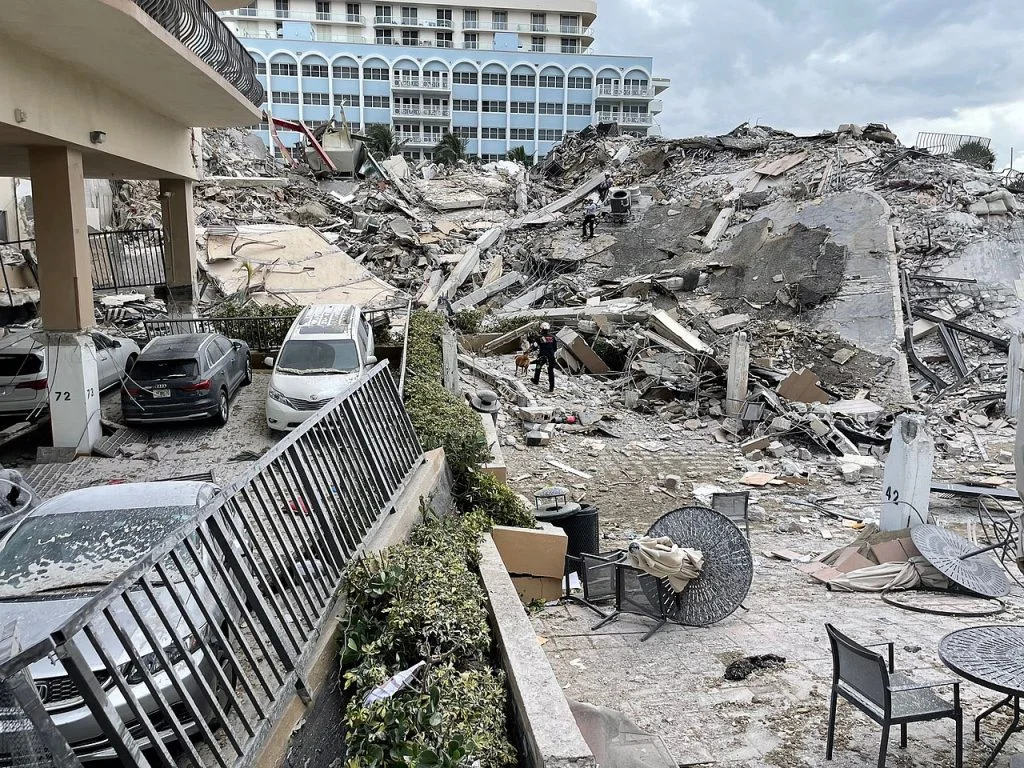
The root of the problem lies in the legislative changes championed by Governor Ron DeSantis. With the intention of addressing concerns around building safety, particularly in the wake of the tragic Surfside condominium collapse, the state introduced stricter regulations for condo buildings. While the intent was to protect residents and ensure the structural integrity of aging buildings, the impact has been devastating for many condo owners.
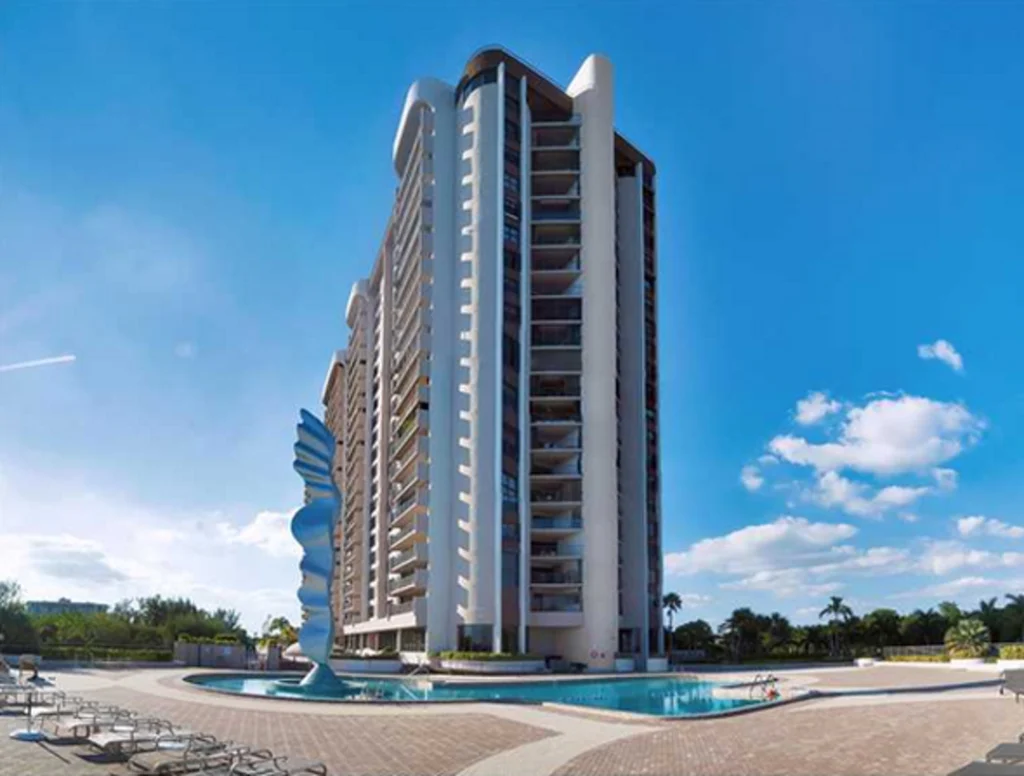
Under the new laws, condos older than 30 years and higher than three stories must undergo more rigorous inspections and expensive repairs to remain compliant with state regulations. These requirements, although necessary for safety, have placed an enormous financial burden on condo associations and individual owners. In many cases, the cost of compliance far exceeds the value of the units themselves.
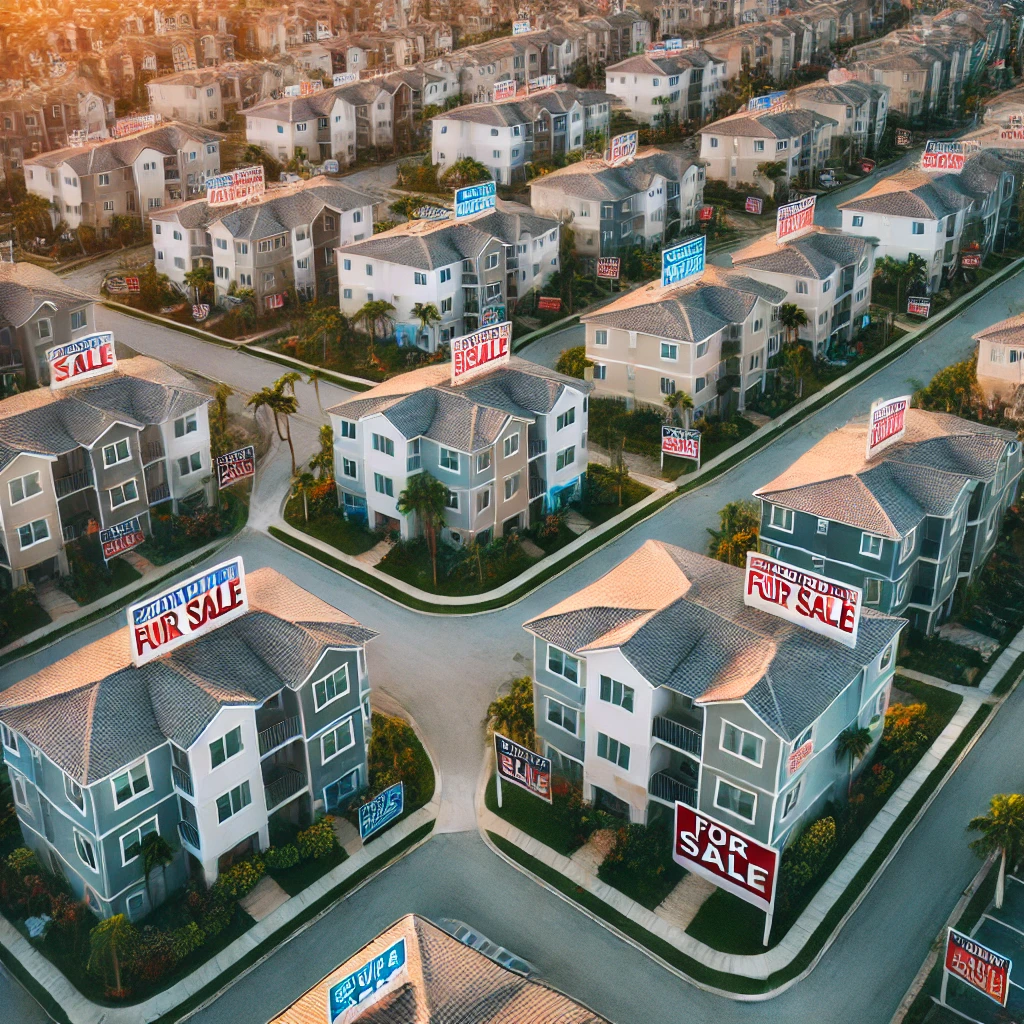
As a result, thousands of condo units across the state have become “zombie” properties—virtually worthless on the market. Prospective buyers, wary of the potential costs associated with these aging buildings, are steering clear, leaving current owners trapped in a financial nightmare. The condos that were once seen as affordable gateways to Florida’s coastal lifestyle are now financial albatrosses around the necks of their owners.
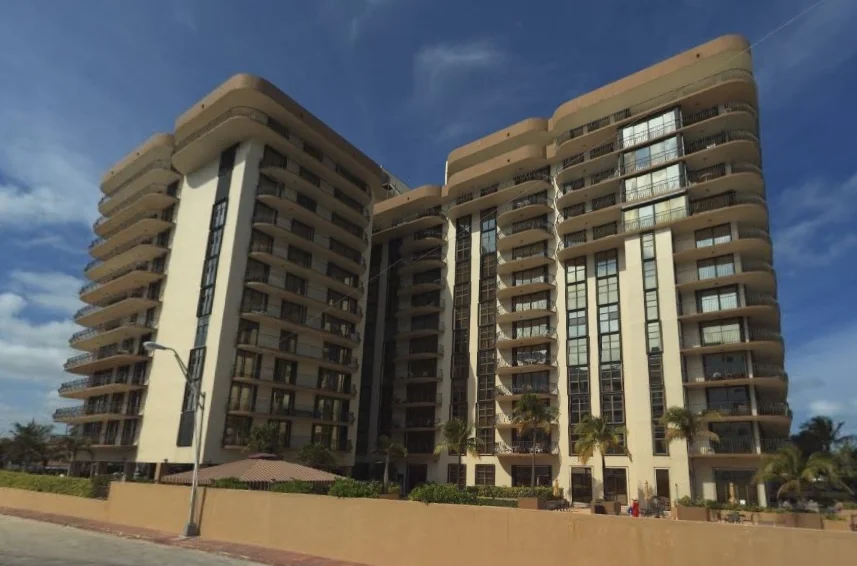
The issue is particularly acute in older buildings that were constructed before modern building codes were implemented. Many of these buildings require extensive and costly renovations to meet the new standards, but with property values plummeting, condo associations are struggling to raise the necessary funds. In some cases, owners are simply abandoning their properties, unable to sell them or afford the mandatory upgrades, leading to a rise in foreclosures and further depressing property values.
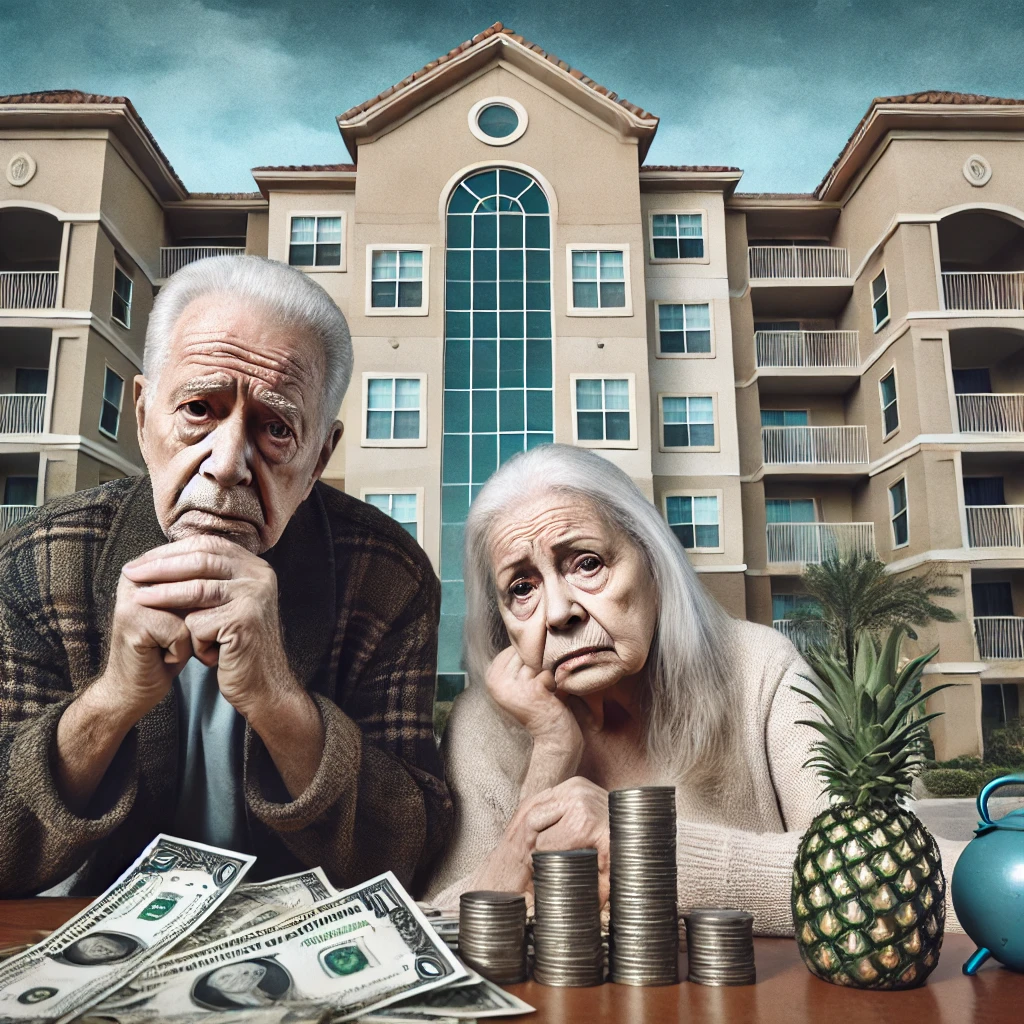
Critics argue that while the legislation was well-intentioned, it lacked the necessary foresight to account for the economic realities faced by many Floridians. They contend that the state should have provided more financial support or phased the regulations in more gradually to avoid the current crisis. Instead, the swift implementation of these laws has resulted in widespread economic pain, particularly for retirees living on fixed incomes who are now watching their life savings evaporate.
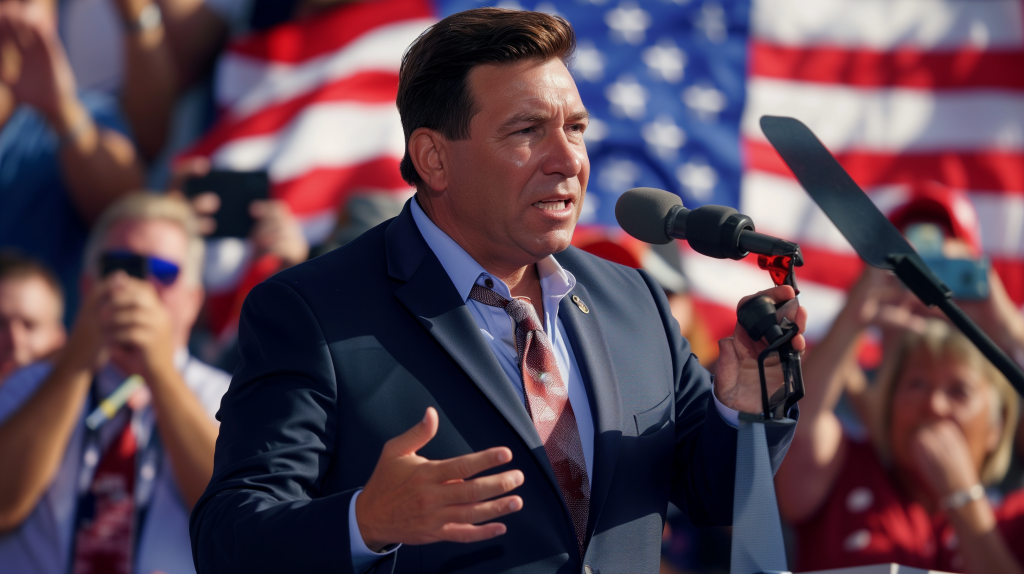
Governor DeSantis has defended the legislation, emphasizing the importance of safety and the need to prevent future tragedies. However, the fallout from these laws has sparked a broader debate about the balance between safety regulations and economic viability. As the situation continues to unfold, many are calling for the state to revisit the legislation and find a solution that protects both lives and livelihoods.
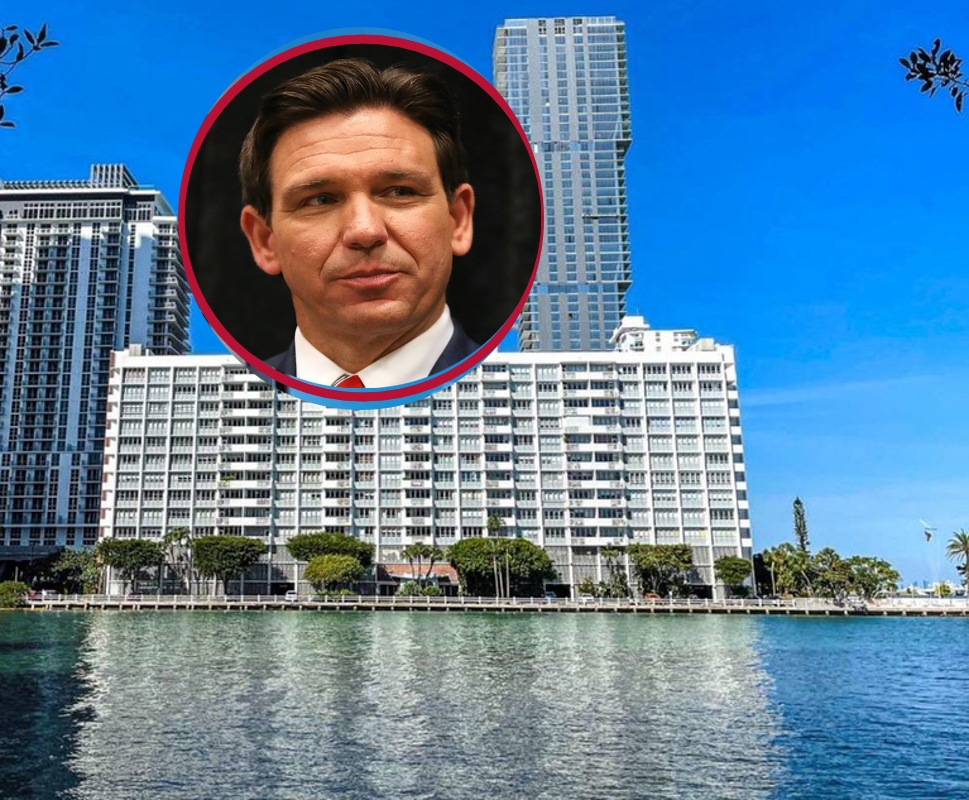
In the meantime, Florida’s condo market remains in a state of limbo, with countless “zombie” condos standing as a stark testament to the unintended consequences of well-meaning legislation. The future of these properties—and their owners—remains uncertain as the state grapples with the complex challenge of ensuring safety without sacrificing economic stability.

